Professor Dimick’s Reading List for Climate Anxiety
Sarah Dimick’s Climate Change Literature course explores how contemporary writers engage with climate anxiety, analyzing how literature shapes and responds to planetary crisis. In her class, Dimick asks, “What can we learn about climate change from literature that we can’t grasp through other fields of study?” The English professor has prepared a five-step approach for confronting climate anxiety – also known as eco-anxiety – along with recommended readings.
1. List your worries and questions. What are the best ways to prepare my children for the coming chaos? Is it wrong to eat meat? What is the difference between a disaster and an emergency? If you’re looking for a novel peppered with climate worries, check out Jenny Offill’s Weather. The main character answers letters submitted to a podcast called Hell and High Water, a part-time job that gives her insight into the environmental ruminations of those around her.
2. Learn to identify variations of climate anxiety. As the environmental studies scholar Sarah Jacquette Ray notes in A Field Guide to Climate Anxiety, your gender, class, race, age, ability, and citizenship status will impact your outlook on the climate crisis. “Although climate anxiety can affect anybody,” she writes, “for some people it can exacerbate other sources of despair or stress, including colonization, military service, displacement, and sexualized violence.” Climate anxiety is widespread but not evenly dispersed.
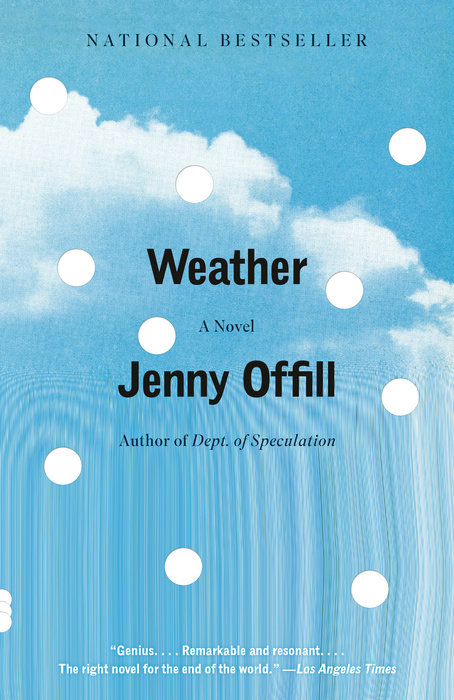
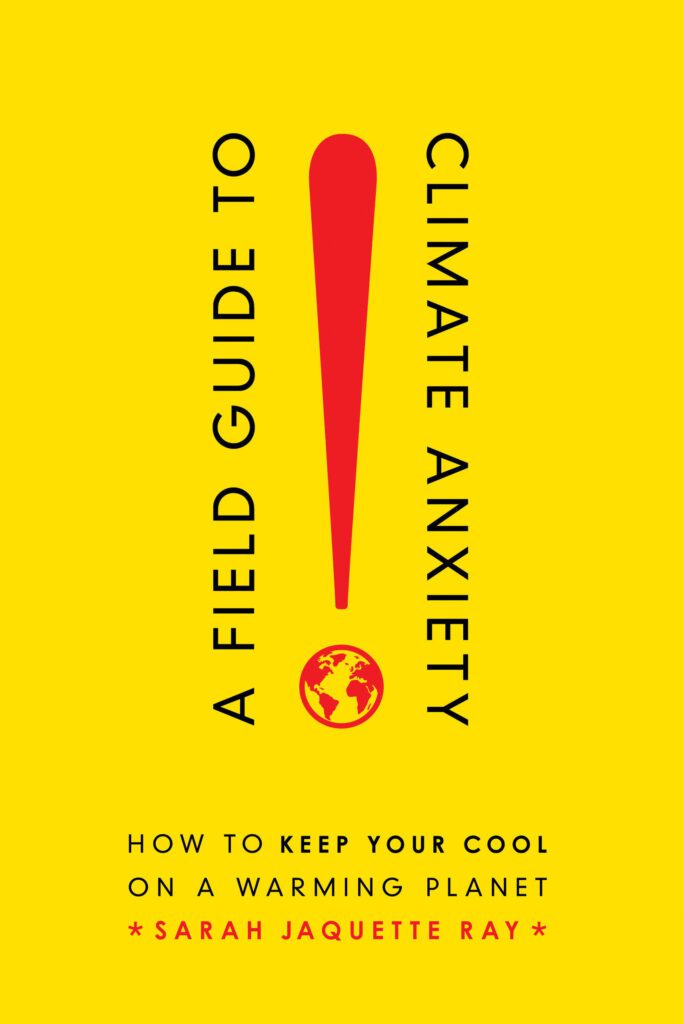

3. Remember that people have faced threats of epic proportion long before the climate crisis gathered steam. The essayist Mary Annaïse Heglar argues that losing sight of other existential threats—including slavery and genocide—“serves only to divorce the environmental movement from a much bigger arc of history.” If you want to reflect on the climate crisis within the long sweep of apocalypse and enduring traditions of resistance, you might check out Franny Choi’s poetry collection The World Keeps Ending and the World Goes On.
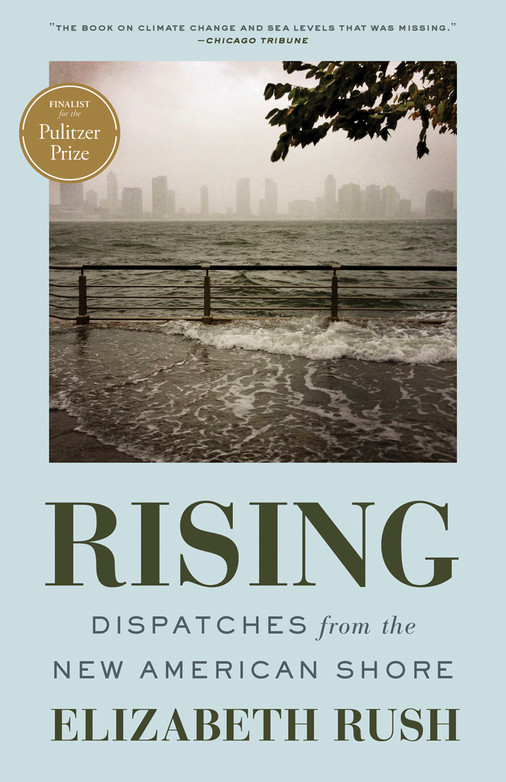
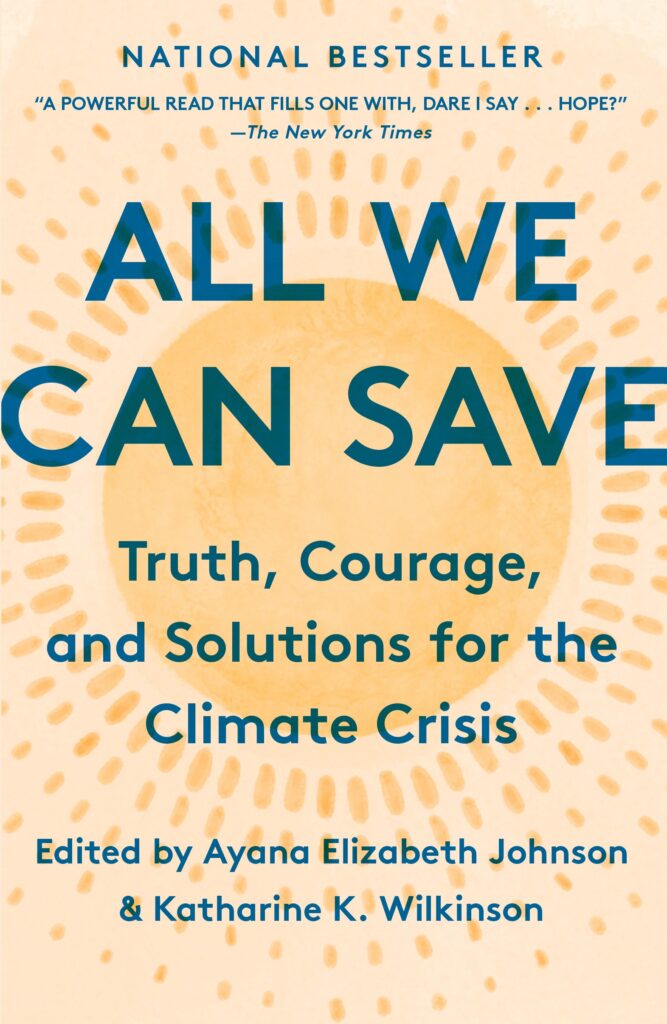
4. Think about adaptation, about what you can tend, and how you can let go of outdated dreams. In Rising: Dispatches from the New American Shore, the nonfiction writer Elizabeth Rush interviews residents of coastal communities in the continental United States, chronicling their decisions to relocate or remain. Or, if you want to indulge in a rare piece of climate satire, find a copy of the edited collection All We Can Save and turn to Sarah Miller’s exposé of what Miami realtors tell potential buyers about future flooding.
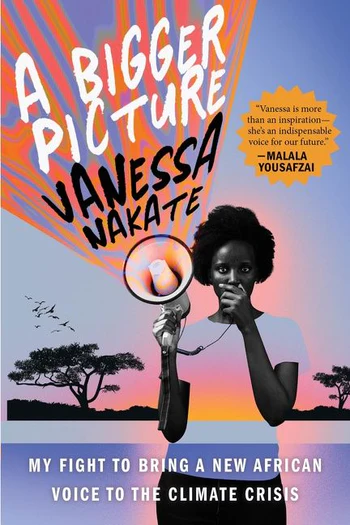
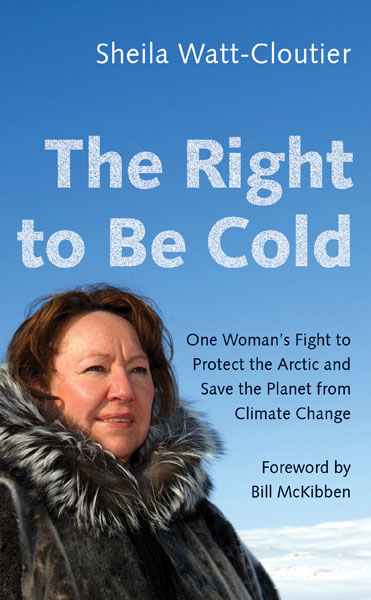
5. The antidote to anxiety about a systemic crisis is collective action. For inspiration, or to learn more about various corners of the climate movement, read the Ugandan climate activist Vanessa Nakate’s A Bigger Picture or the Inuit organizer Sheila Watt-Cloutier’s The Right to Be Cold.

Sarah Dimick is Assistant Professor of English and Associate Director of Undergraduate Studies.